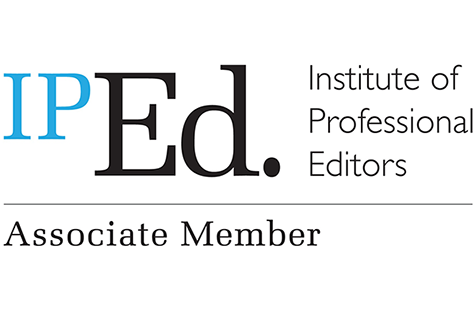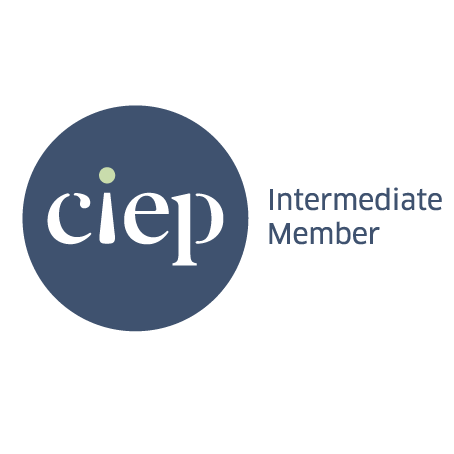Here is a list of frequently asked questions. If you can’t find what you’re looking for, get in touch and we can chat about your project and the type of editorial support you’re seeking.
Why use a proofreader or copyeditor?
Just as your book needs an eye-catching cover and strong blurb to attract readers, so too does it need compelling, error-free writing to engage readers in your story. An editor can help you fix errors and improve the flow and clarity of your writing so you can publish with confidence, knowing you’re delivering the best version of your book to readers.
What’s the difference between proofreading and copyediting?
Proofreading and editorial tasks often overlap, so it’s not uncommon for people to question the difference between them.
In short, proofreading is concerned mainly with correction and accuracy, while copyediting focuses on both accuracy and improvement.
The proofreader ensures consistency in formatting and checks for errors in spelling, punctuation and grammar.
The copyeditor performs all the standard proofreading tasks plus evaluates the language for flow, clarity and readability. Phrases may be adjusted and reorganised to make the writing more effective and to address any stylistic issues (e.g. repetition or wordiness). The copyeditor’s goal is to improve the text while keeping the author’s voice and style intact.
For more detail on what each of my editing services covers, have a look at the Full Proofread and Full Copyedit pages.
What is developmental editing?
Developmental editing (also called structural or substantive editing) looks at your story’s structure and the big-picture elements such as plot, pacing, tone, character motivation and internal/external conflict.
An issue with any of these elements – for instance, a poorly motivated character, slow-paced middle or unresolved plot thread – can impact the overall cohesion of your story.
Although I don’t currently offer developmental editing, there are many freelance editors who specialise in this area. Alternatively, feedback from beta readers or critique partners can help to identify problems with your story.
It’s worth noting that fixing structural issues can sometimes require significant rewriting, so you’ll want to tackle your developmental edits before the copyediting stage.
How do I know which level of editing I need?
If no one but you has set eyes on your manuscript, you’ll want to focus first on developmental editing (the purpose of which is explained above). Whether you hire an editor or garner feedback from beta readers or critique partners, it’s wise to resolve any big-picture issues before you move on to the sentence-level work of copyediting and proofreading. To spend hours refining the prose in a scene only to realise later that you must cut that scene because it doesn’t move the story forward (no matter how beautifully written) can be disheartening, to say the least.
When you’re happy with your story’s structure and confident that no major rewriting is needed, it’s time to focus on your line craft. This is when a professional copyeditor can help you improve your manuscript by looking at both the technical and stylistic aspects of your writing. The focus at this stage is on flow, clarity, consistency and readability.
Once your book has been edited, it’s time for a final proofread by a fresh pair of eyes to check for any lingering typos and inconsistencies. You’ll have made thousands of micro changes during the editing stage, so whether you’ve self-edited or worked with a professional, this final quality-control check is important.
How much will it cost?
This depends on the length of your book and the level of editing required. I’ll complete a sample edit of your manuscript to help me evaluate the complexity of the job and then prepare a quotation for you.
As a welcome, all new clients receive a 30% discount on their first project.
How long will it take?
This depends on the complexity of the job, the word count, your time frame and my availability.
When I prepare a quote, I’ll specify a start date and completion date so that you can make sure the proposed timeframe fits with your publishing schedule.
What process is followed?
The first step is for us to chat about your project (which we can do by email, phone or video call – whichever you prefer) so that you can tell me about your book, the type of editorial support you’re seeking, and your publishing timeframe.
Next, I’ll edit 1,000 words of your manuscript (free of charge) to help me determine the level of editing required. I’ll prepare a quotation that includes an outline of the work to be completed and a timeframe with delivery and deadline dates.
If you’re happy with the quotation and think we’re a good editorial fit, you can confirm your booking by filling in a simple form on my website.
Which part of my book should I submit for a sample edit?
I recommend you submit one or two complete scenes from any part of your book. Although I’ll edit only 1,000 words, reading at least one full scene or chapter will help me get a feel for your writing style and voice, and for the mood and pacing of the scene.
What format should I provide my work in?
For copyediting, you can email your manuscript as an electronic Microsoft Word document. For proofreading, you can send either a Microsoft Word or Adobe Acrobat (PDF) file.
How do you report the editorial changes?
I use the Track Changes and Comment features in Word (and the comment tool in Adobe Acrobat) to mark up suggested changes directly in your manuscript. You’ll be able to review each change and decide whether to ‘accept’ or ‘reject’, retaining full creative control of your work.



